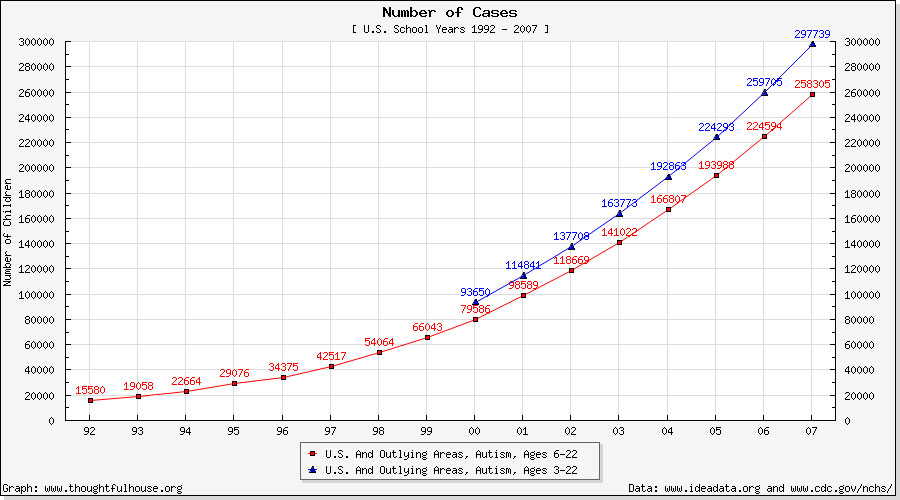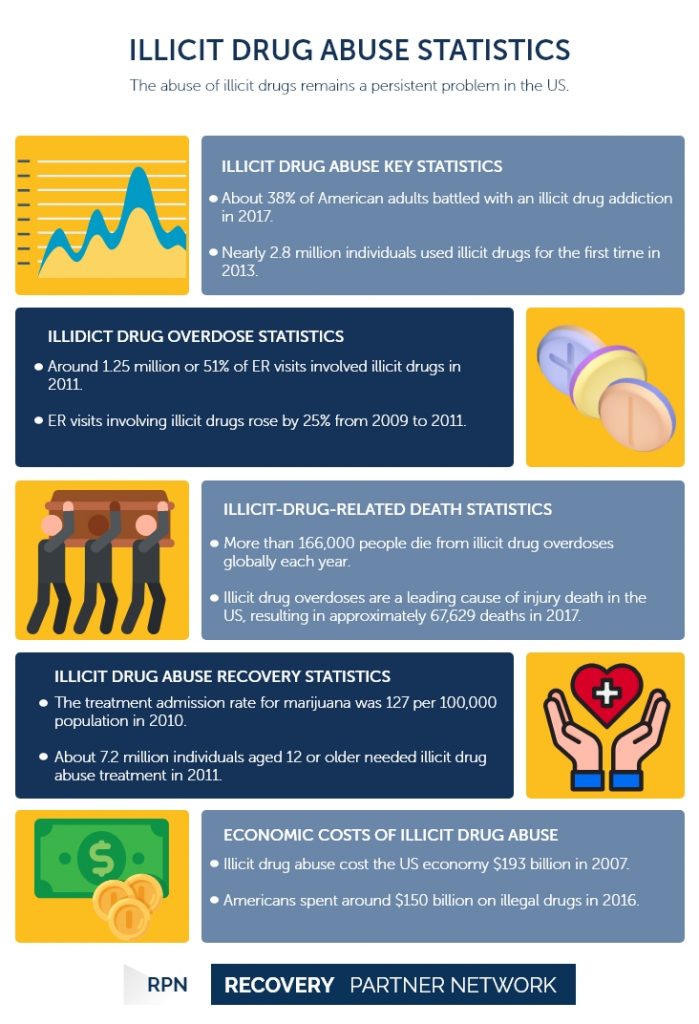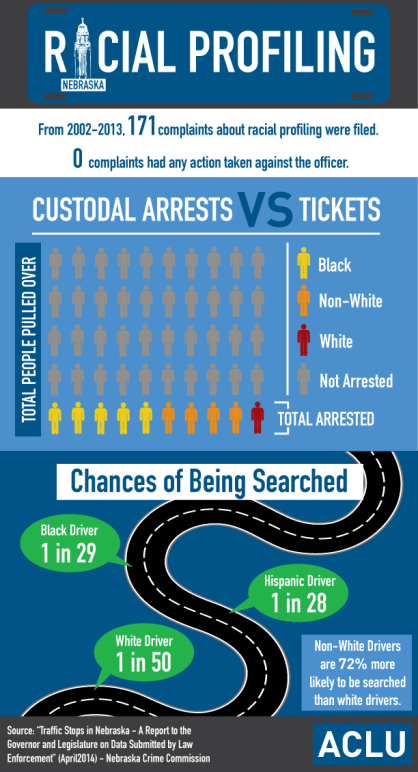Are vaccination requirements popular
Table of Contents
Table of Contents
Are vaccines the cause of autism? This question has been the subject of numerous debates and controversies in recent years. While the medical community continues to support the use of vaccines, many parents remain skeptical and fear for the safety of their children. In this article, we will explore vaccines and autism statistics and provide evidence-based information to help parents make informed decisions about vaccinations.
The Pain Points Related to Vaccines and Autism Statistics
There are many pain points associated with vaccines and autism statistics, such as the fear that vaccines can cause autism, the worry about the safety of vaccines, and the confusion about the benefits of vaccinations. Many parents are concerned about the potential side effects of vaccines and feel pressured to make the right decision for their child’s health.
Answer to the Target of Vaccines and Autism Statistics
According to the Center for Disease Control and Prevention (CDC), there is no link between vaccines and autism. The CDC and other government agencies continue to stress the importance of vaccination in preventing the spread of disease and protecting public health. Vaccines have been proven to be safe and effective, and the risks associated with not vaccinating children outweigh the potential risks of side effects.
Summary of Main Points Related to Vaccines and Autism Statistics
Vaccines and autism statistics have been a controversial topic in recent years. Despite fears and misinformation, there is no evidence to suggest that vaccines cause autism. Vaccines are safe and effective in preventing the spread of dangerous diseases. It is important for parents to make informed decisions about vaccination to protect their children’s health.
Understanding Vaccines and Autism Statistics
As someone with a family history of autism, I understand the concerns that parents have about the potential link between autism and vaccines. However, after extensive research and conversations with medical professionals, I came to the conclusion that vaccines do not cause autism. In fact, many studies have shown that there is no causal relationship between the two.
The misunderstanding about vaccines and autism statistics began in the late 1990s when a discredited study claimed that there was a link between the MMR vaccine and autism. This study has since been thoroughly debunked, and the author, Andrew Wakefield, has had his medical license revoked.
The scientific community has conducted numerous studies on vaccines and autism, and all have reached the same conclusion: there is no causal relationship. In fact, the American Academy of Pediatrics, the World Health Organization, and the National Institute of Child Health and Human Development all recommend vaccinations as safe and effective.
How Vaccinations Work
Vaccines work by introducing a small amount of a weakened or dead virus into the body. This causes the immune system to develop an immune response to the virus without actually causing the disease. This immune response helps protect the body from future infections.
The ingredients in vaccines have been extensively researched and are safe. Any potential side effects are minor and temporary, such as redness or soreness at the injection site, and pale skin. These side effects are far less dangerous than the potential risks of contracting the disease the vaccine is designed to prevent.
The Benefits of Vaccinations
Vaccinations not only protect individual health, but they also protect public health by preventing the spread of dangerous diseases. The eradication of smallpox is one example of the power of vaccinations. The measles vaccine alone has prevented an estimated 2.5 million deaths between 2000 and 2018.
Personal Experience with Vaccinations and Autism Statistics
As a mother, I understand the overwhelming pressure to make the best decisions for our children’s health, but the evidence supports the safety and efficacy of vaccines. All three of my children have been vaccinated and are healthy, happy, and thriving. Vaccines are one of the best ways to protect our children and the most vulnerable members of our community from dangerous diseases.
Question and Answer
Q: Can vaccines cause autism?
A: No, there is no evidence to suggest that vaccines cause autism.
Q: Are vaccines safe?
A: Yes, vaccines are safe and have been extensively tested and approved by government agencies and medical professionals.
Q: Do vaccines cause any side effects?
A: Any potential side effects of vaccines are minor and temporary, such as soreness or redness at the injection site. These side effects are far less dangerous than the potential risks of contracting the disease the vaccine is designed to prevent.
Q: Why is it important to vaccinate our children?
A: Vaccinating our children not only protects their health but also helps prevent the spread of dangerous diseases and protects the most vulnerable members of our community.
Conclusion of Vaccines and Autism Statistics
Vaccines and autism statistics have been the subject of many debates in recent years. However, the evidence overwhelmingly supports the safety and effectiveness of vaccines in preventing dangerous diseases. It is important for parents to base their decisions on facts and to consult with medical professionals to protect their children’s health.
Gallery
Vaccines Are Not To Blame

Photo Credit by: bing.com / autism carbonyl iron rates vaccines thefullertoninformer state celebrity years orange increased line awareness diagnoses many diagnose hyped attention endorsements cip
Chart: Vaccination Sceptics Overconfident In Knowledge Of Autism | Statista

Photo Credit by: bing.com / sceptics vaccination overconfident statista
Excellent “Autism And Vaccines” Infographic

Photo Credit by: bing.com / autism vaccines
No, Vaccines Will NOT Cause Autism Your Child! Here’s Why.. » Autism 360™

Photo Credit by: bing.com / vaccines autism cause why child discussions unfolded around over time
Are Vaccination Requirements Popular? - Vox

Photo Credit by: bing.com / autism vaccines cause vaccine vaccination people adults think anti popular vox debunked yougov measles percent requirements believe before





